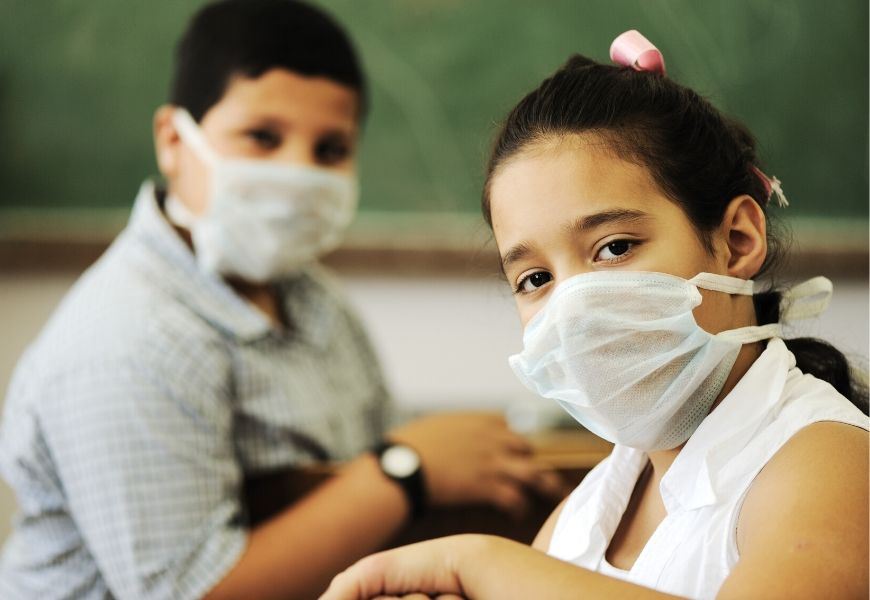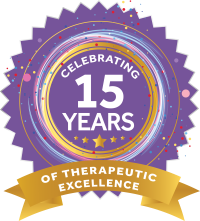 At E-Therapy, we offer social and counseling teletherapy services to our school partners. Mental health is top of mind as students suffer the isolation brought on by Covid-19 and an uncertain future. We know that social and emotional learning (SEL) is more important than ever before, so in today’s blog, we feature an guest article by SEL expert trainer and coach, Sue Laue.
At E-Therapy, we offer social and counseling teletherapy services to our school partners. Mental health is top of mind as students suffer the isolation brought on by Covid-19 and an uncertain future. We know that social and emotional learning (SEL) is more important than ever before, so in today’s blog, we feature an guest article by SEL expert trainer and coach, Sue Laue.
An Intro to SEL
Empower Guest Blog From Sue Laue, Open Studio Project, Inc.
Now as never before, we as a global community must practice positive social and emotional skills to meet our biggest societal challenges. Educators worldwide are coming to realize that youth need to learn these skills early, alongside academic skills, to take their place as global citizens.Social and Emotional Learning (SEL) is a process in which we learn about our emotions:
- how to express and manage those emotions in positive ways
- how to build relationships with empathy
- how to appreciate diversity
Learning SEL skills is foundational for success in school, work and life.
Our global interconnectedness today demands an ability to understand the needs and cultures of diverse peoples to assure equity. Even within one’s own community, equity for all through understanding different perspectives is key to building successful and fair socio-economic strategies and to providing equal distribution and preservation of limited natural resources.Employer surveys have shown that the skills most desired for employees are those that assist in building positive relationships, sharing, and teamwork. In addition, rewarding personal relationships are developed only with keen social and emotional skills.
Students can learn SEL skills
Research shows that SEL can be taught and students can learn the skills at all ages, academic, and behavioral levels. When a caring teacher, mentor, or parent models and teaches SEL skills, children can learn:
- self-understanding
- impulse control
- bullying prevention
- appreciation of diversity
- empathy
- goal setting
- decision-making
- self-confidence
When taught in an academic setting, students can achieve up to a 15% increase on standardized achievement tests, according to a meta-analysis by the Collaborative for Academic, Social and Emotional Learning (CASEL), an international leader in SEL education and research based in Chicago.Social and emotional learning programs have proven to increase academic success by:
- teaching the five key SEL skills: promoting students’ self-awareness, self-management, social awareness, relationship, and responsible decision-making skills
- improving student attitudes and beliefs about self, others and school
Many schools and districts in the U.S. and around the world are integrating social and emotional learning standards and skills for students into their school climate improvement and academic curriculum initiatives. Illinois was the first state to mandate that schools teach SEL skills in 2003, and developed SEL Goals and Standards for instruction in all schools PreK-12.The studies we have access to today show several benefits of SEL and an 11 to 1 return on investing in SEL for schools. Some of the top data points include:
Science Links SEL Instruction to Student Gains (% increase)
- Social-emotional skills (23%)
- Improved attitudes about self, others, school (9%)
- Positive classroom behavior (9%)
- Gains on standardized achievement tests (11-15%)
Reduced Risks for Failure (% decrease)
• Conduct problems (9%)• Emotional distress (10%)
Why Implement SEL in Schools?
- Relationships provide a foundation for learning.
- Emotions affect how and what we learn.
- Social and emotional skills can be taught.
- Positive impact on academic performance, health, relationships and citizenship.
- Reduction of classroom management problems.
- SEL teaches skills and attitudes which are demanded by employers.
- SEL coordinates a framework to overcome fragmentation of prevention and positive youth development programs.
SEL helps students feel safe
Most importantly, SEL instruction helps students form positive relationships with adults and other students at school, diminish bullying, stand up for others, feel safe, focus, and achieve in all areas of their lives.However, in order for lessons to be most impactful, SEL instruction must be delivered to students with fidelity to program and curriculum design and SEL lesson sequence – first teaching self-awareness and self-management, then social awareness and relationship skills and finally decision-making.CASEL states that high quality SEL instruction must be SAFE, utilizing:
- Sequenced activities to develop skills
- Active forms of learning & teacher modeling
- Focused attention on SEL in the curriculum
- Explicit targeting of particular SEL skills for development
About the Author
 Sue Laue, a social-emotional learning trainer and coach is CEO of Behavioral Solutions K-12 & Media Masters, Inc. For more detail on the studies she references as well as much more detailed information, you can visit www.casel.org.
Sue Laue, a social-emotional learning trainer and coach is CEO of Behavioral Solutions K-12 & Media Masters, Inc. For more detail on the studies she references as well as much more detailed information, you can visit www.casel.org.
